Five economists explain their work through everyday ideas, events and objects
Adverse selection
Scam avoidance illuminates Sandeep Baliga’s work in policy and management.
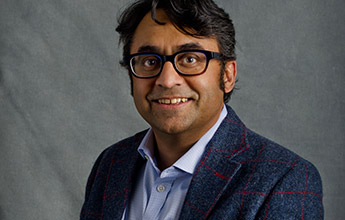
Sandeep Baliga
Using game theory and the theory of incentives, Kellogg School of Management professor Sandeep Baliga blends economics and political science in his research. Baliga, who grew up in England, says his interest in both fields was piqued early by Margaret Thatcher and sustained by great research, most notably by economist Thomas Shelling. Since September 11, 2001, Baliga has deepened his work in international relations, an area he believes can benefit from economists’ rigorous models. Baliga applies these models to complex issues of international significance, such as the strategic logic of terrorism, conflict reduction and arms proliferation.
Read Q&A
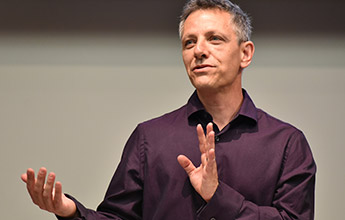
Jeff Ely
Jeff Ely is a microeconomic theorist whose work focuses in large part on game theory. Ely has explored topics such as the foundations of game theory, the entertainment value of suspense, the evolution of preferences, and torture. He is co-director of the Center for Economic Theory and curates a blog called Cheap Talk with fellow Northwestern professor Sandeep Baliga. Together, Ely and Baliga created Purple Pricing, an innovative auction method that Northwestern University has used to sell football and basketball tickets.
Read more
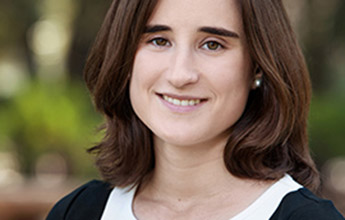
Mar Reguant
Energy economist Mar Reguant’s research spans such topics as electricity and environmental markets, energy auctions, and cap-and-trade regulations. Since joining Northwestern’s faculty in 2015, Reguant has taught courses on the economics of energy and data methods to analyze markets. Last fall, she presented new research on energy efficiency programs, which showed that bringing such programs to schools yields significant savings. The recent recipient of a Sloan Research Fellowship, Reguant is now researching the impact of wind on electricity markets.
Read more
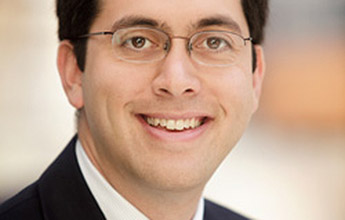
Matt Notowidigdo
Health and labor economist Matt Notowidigdo says his career has been motivated by policy questions he views as very important to society. Notowidigdo’s most recent work is focused on lesser-studied benefits of health insurance (benefits to hospitals or health care systems, for example) and the economic impact of unexpected health costs, like a visit to the emergency room. He has also explored how long-term unemployment affects hiring decisions, and he will soon start research investigating why some people who qualify for food stamps do not enroll in the program.
Read more
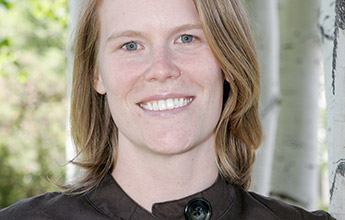
Lori Beaman
“A lot of my work is trying to figure out what policies are going to alleviate poverty in developing countries,” Northwestern economics professor Lori Beaman says. Her research looks at how gender, cultural studies, technology, and even psychology impact economic structures in developing countries. Much of Beaman’s work has been focused on African nations (she says travel is a key perk of development economics). Most recently, Beaman has been examining the role of social networks in conservation agriculture, technology adoption and even hiring decisions.
Read more
Published: March 23, 2017. Updated: January 29, 2019.
Back to top









